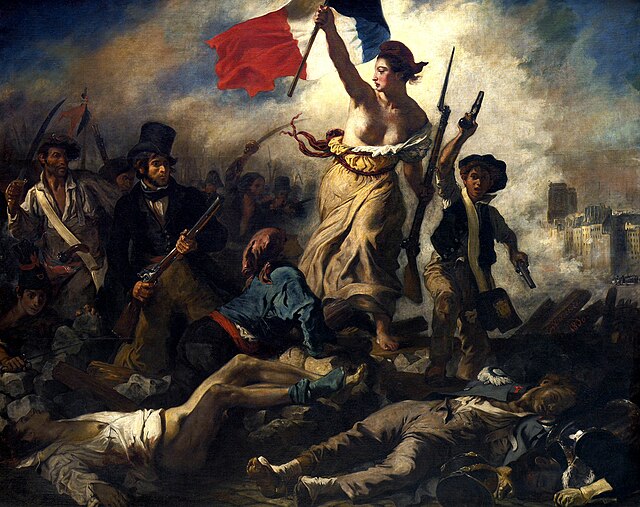Wallace Stevens was an American modernist poet. He was born in Reading, Pennsylvania, educated at Harvard and then New York Law School, and spent most of his life working as an executive for an insurance company in Hartford, Connecticut. He won the Pulitzer Prize for Poetry in 1955 for his Collected Poems.
Stevens in 1948
Stevens's Hartford residence.
Stevens with B. R. Ambedkar, the father of the Indian Constitution, at Columbia University on June 5, 1952
Modernism is an early 20th-century movement in literature, visual arts and music, that emphasized experimentation, abstraction and subjective experience. Philosophy, politics and social issues were also aspects of the movement which sought to change how 'human beings in a society interact and live together'. The modernist movement emerged during the late 19th century in response to significant changes in Western culture, including secularization and the growing influence of science. It is characterized as a rejection of tradition and a hunt for newer, more original means of cultural expression. Modernism was influenced by widespread technological innovation, industrialization and urbanization, as well as cultural and geopolitical shifts that occurred after World War I. Artistic movements and techniques associated with modernism include abstract art, stream of consciousness in literature, cinematic montage, atonal and twelve-tone music and modernist architecture and urban planning.

Pablo Picasso, Les Demoiselles d'Avignon (1907). This proto-cubist work is considered a seminal influence on subsequent trends in modernist painting.
Frank Lloyd Wright, Solomon Guggenheim Museum completed in 1959
Eugène Delacroix's Liberty Leading the People, 1830, a Romantic work of art
A Realist portrait of Otto von Bismarck. Modernist artists largely rejected Realism.







